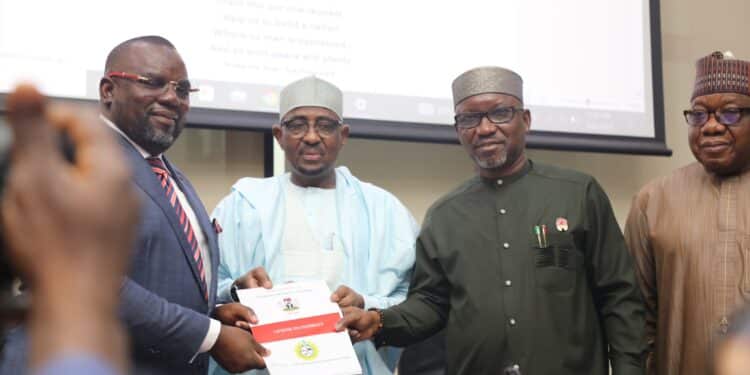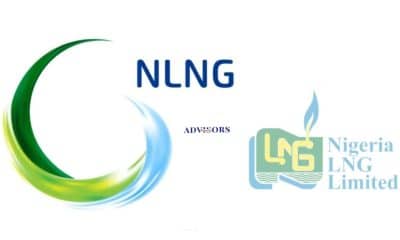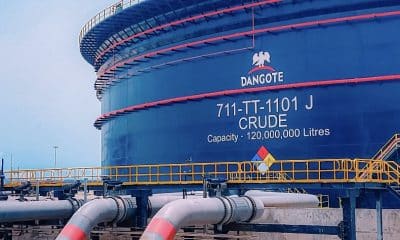Business
FG Issues First License For Construction Of Nigeria’s Floating LNG Plant

UTM Offshore Limited, a company based in Nigeria, has been granted authorization to establish the country’s inaugural floating liquefied natural gas (LNG) facility.
Naija News understands that the Nigerian Midstream and Downstream Petroleum Regulatory Authority (NMDPRA) has issued a construction license for this LNG project, projected to yield 2.8 million metric tons annually.
Announcing the development, the Chief Executive of the Authority, Farouk Ahmed, remarked that the project represents a pivotal achievement and is in harmony with the government’s objectives for gas expansion.
This initiative aligns with Nigeria’s goal to utilize its proven gas reserves, which total 206 trillion cubic feet, a significant portion of which is currently flared or re-injected into wells.
Ahmed further noted that UTM was initially authorized to construct a facility with a capacity of 1.2 million tons per annum in 2019, but this was later enhanced to 2.8 million tons due to the rising demand for LNG in the market.
The facility will be situated offshore in Akwa Ibom state, within the resource-rich Niger Delta, and is anticipated to be inaugurated in 2028, with the first gas expected to flow a year later. It will produce LNG, petroleum gas, and condensate.
In his remark, the Chief Executive Officer of UTM, Julius Rone, indicated that the company had entered into a memorandum of understanding with the African Export-Import Bank in 2021 to secure up to $2 billion for the project, with the bank having received preliminary approval to invest $350 million.
He also mentioned that contracts have been finalized with Japan’s JGC Corp. and Houston-based KBR Inc. for the project’s design, while Vitol Group has secured an off-take agreement for the LNG produced at the facility.
Naija News understands that the company had, in the previous year, entered into an agreement allowing the state-owned Nigerian National Petroleum Co. Ltd. to acquire a 20% interest in the project.
UTM had suggested sourcing feedstock for the project from an offshore oil field managed by Exxon Mobil Corp. in collaboration with the NNPC; however, this asset is currently undergoing a sale to Seplat, which aims to advance its extensive gas reserves.
Rone said: “It is a stranded gas that can only be monetized through a floating LNG technology. It will only add to Seplat’s balance sheet to say they have a ready-made buyer for a gas they have not developed.”












